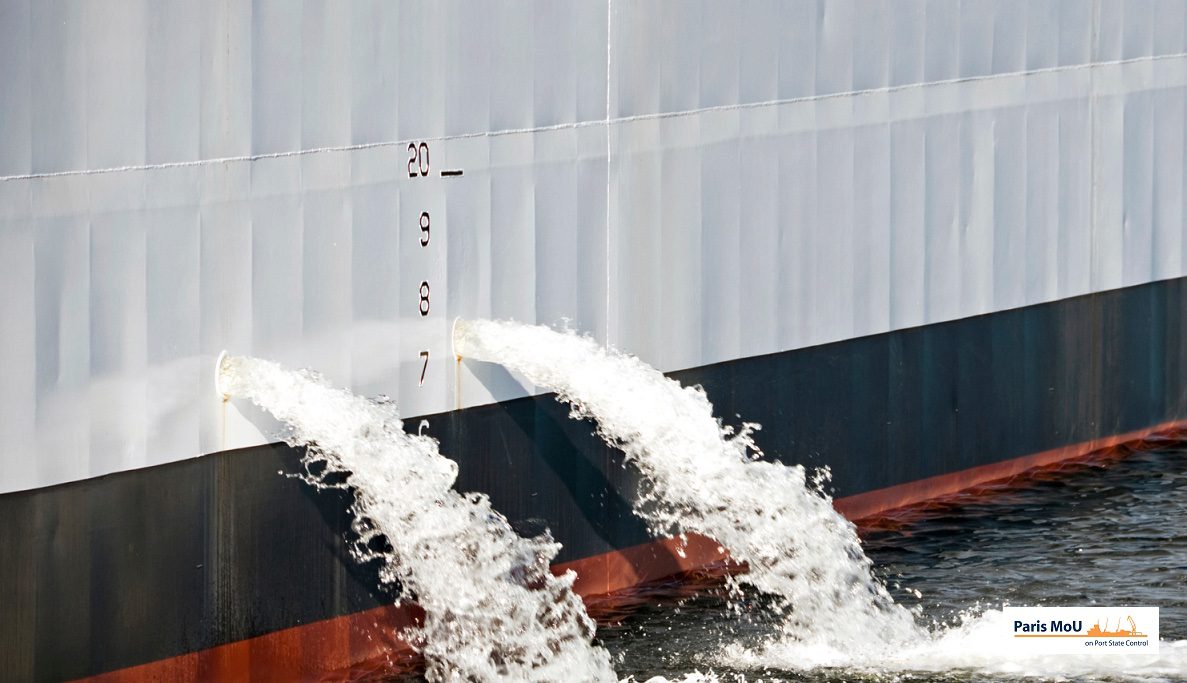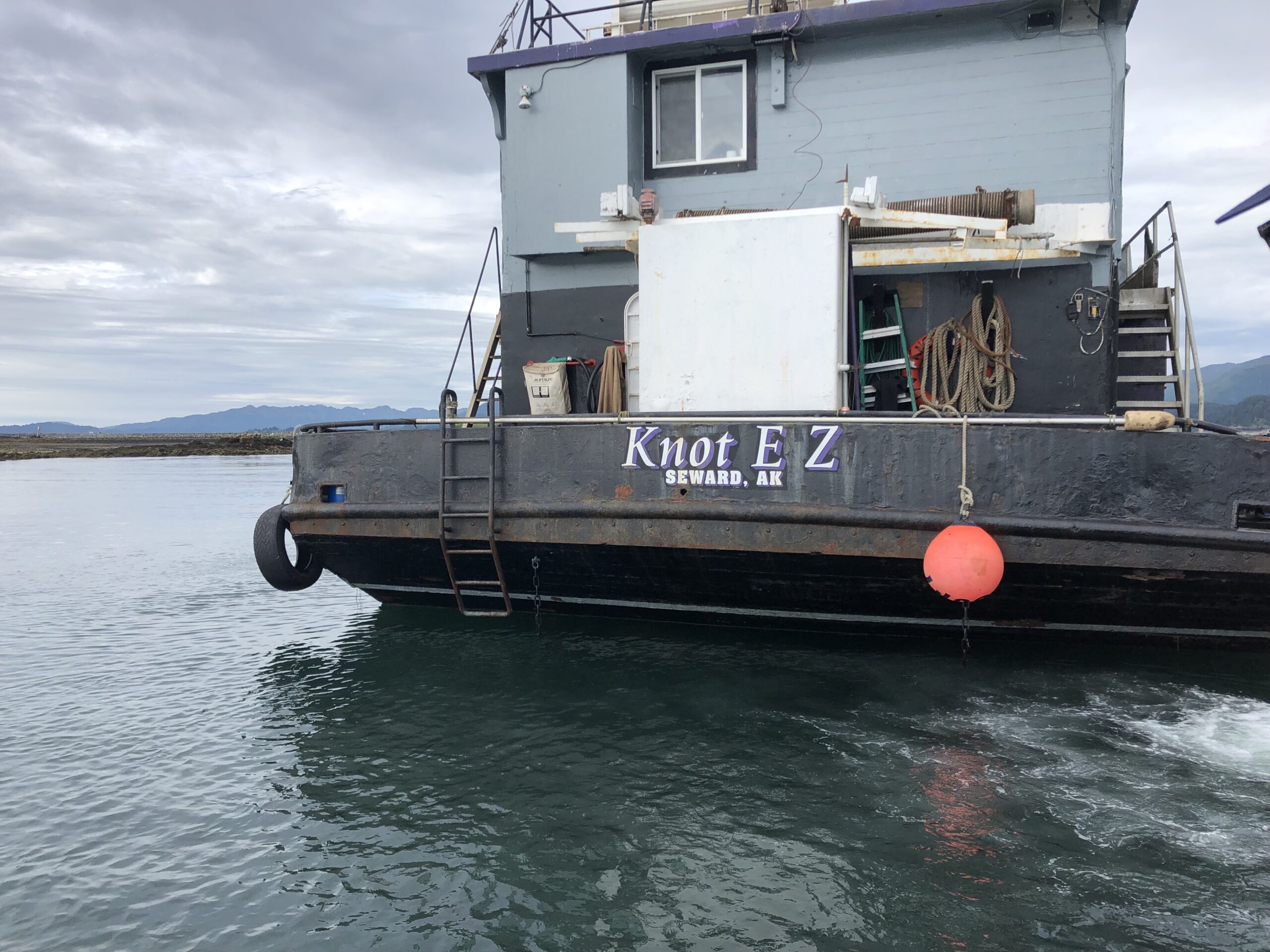
The International Chamber of Shipping (ICS) is calling into question new rules implemented by the French government concerning CO2 reporting requirements for foreign ships calling at French ports that are not currently required by international law.
ICS, a global trade association for shipowners representing over 80% of the world’s merchant fleet, says it has written to the French Government about a newly implemented requirement for foreign shipowners to provide information to their French customers about CO2 emissions, using a detailed methodology that ICS says has not been discussed internationally.
ICS believes that the application by France of these new CO2 reporting requirements to foreign ships undermines the global regulatory uniformity of international shipping as laid out by the International Maritime Organization (IMO).
The new and very detailed rules that have been added to the French Transport Code apply across all transport modes, although the Director General for Maritime Transport is responsible for their enforcement in the maritime sector.
ICS has asked that the Director General for Maritime Transport hold off on enforcing these new requirements pending the outcome of discussions amongst IMO member states and global regulations currently being developed by the IMO Marine Environment Protection Committee on the monitoring and reporting of fuel consumption and CO2 emissions.
“We anticipate that the methodology for reporting that will be agreed by IMO Member States through amendments to the MARPOL Convention will be very different to the methodology specified by the new French requirements,” said Simon Bennett, ICS Director External Relations. “The IMO requirements should also be tailored to the special characteristics of international shipping, and will be the product of international consensus. The immediate implementation of these French regulations is a real concern because shipping is a global industry requiring adherence by governments to a uniform global regulatory framework if it is to operate efficiently.”
ICS has reminded France of the difficulties that would be created if other coastal states were to implement their own independent requirements for the reporting of CO2 emissions by ships and their crews.
“The global maritime transport system would be very challenged indeed by the administrative burden of providing information that required the use of different methodologies and national formats for reporting given that cargo ships can call at a very large number of countries during the course of a year,” Bennett added.
Shipping companies are still trying to understand the detail of the new CO2 reporting requirements, the English translation of which has only recently come to the attention of the global shipping industry. But serious concerns are already being raised by international companies about the validity of the methodologies that have been developed by France, as set out in the ‘Methodological Guide for Transport Services’ produced by the Ministry of Ecology, Sustainable Development and Energy.
The development of a global system for the monitoring and reporting of CO2 emissions from ships will be considered by the next meeting of the IMO Marine Environment Protection Committee in March 2014. It is also the subject of a draft EU Regulation proposed by the European Commission.
Article L. 1431-3 of the French Transport Code came into effect for foreign shipping companies in October.

 Join The Club
Join The Club












